We are delighted to share the bios of the current students of the UW Health Services PhD program in the Department of Health Systems and Population Health within the School of Public Health.
Student bios are divided by their area of emphasis.
Evaluative Sciences and Statistics
Harsha Amaravadi
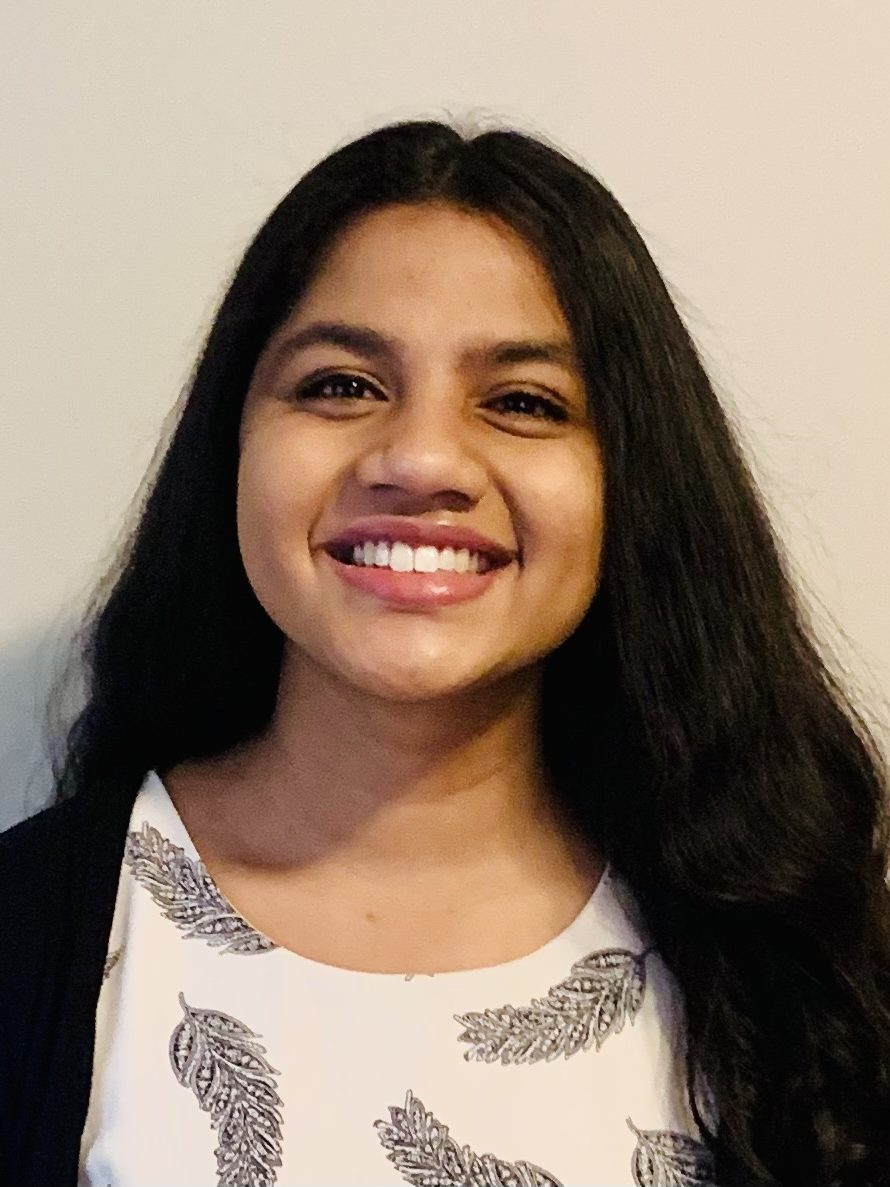
Harsha’s research interests include health policy evaluation, Medicare, quasi-experimental research methods, cancer health policy, post-acute care, quality measurement, social determinants of health in payment reform, value-based care implementation, health equity, health technology, social epidemiology, medical bankruptcy, and healthcare financing.
Harsha obtained her MPH at Tufts University School of Medicine where she conducted epidemiologic and health services research on the geographic distribution of opioid overdoses, inappropriate opioid prescribing practices, and Hepatitis C infection spread in Massachusetts.
Prior to starting the PhD program in 2021, Harsha was a research analyst for multiple federal contracting organizations where she assisted with the implementation of various value-based payment programs led by the Centers for Medicare and Medicaid Innovation. These program demonstrations spanned a variety of care settings and clinical domains, with particular focus in post-acute care and treatment for opioid use disorder.
Harsha has been an AHRQ T32 trainee since the Fall of 2021. She has worked on research with the Center for Health Innovation and Policy Science, (CHIPS) conducting research of the effect of the Affordable Care Act on medical bankruptcy. Currently, she’s a member of the Advancing Health Services & Policy In Rehabilitation (ASPIRe) Lab, where she is conducting her dissertation research which evaluates recent Medicare payment policy changes in skilled nursing facilities for advanced cancer patients.
Harsha is originally from Boston, MA and has also lived in Washington, D.C. She loves dancing, cooking, and exploring various Seattle parks and music venues.
Juan Gudino
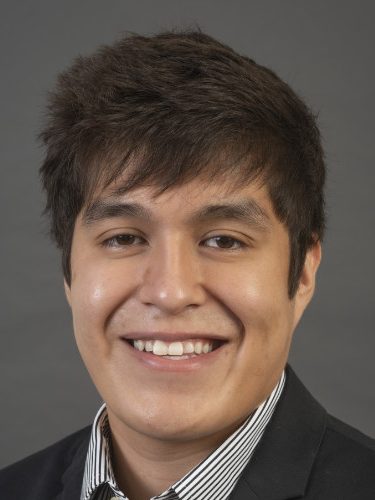
Juan’s storytelling research interests include program evaluation and implementation science related to improving access and quality of health services among US immigrants; the public health implications of immigration and law enforcement; and innovative methods to inform criminal legal and immigration policy reform.
Juan obtained his MPH in epidemiology from the University of Iowa College of Public Health in 2020. Prior to entering the doctoral program in 2021, he was an NIH trainee in the ethical, legal, and social implications of policies of population control at the University of Michigan. He was also a mixed-methods researcher analyzing the community health implications of large-scale worksite immigration raids in the Midwest.
Juan is currently a William T. Grant Foundation trainee under a mentorship grant with Dr. Sarah Walker at CoLab for Community and Behavioral Health Policy where he evaluates Conceptual Research Use methodology and alternatives to detention models among youth in Washington State. He also works closely with Dr. India Ornelas at the UW Department of Health Systems and Population Health to evaluate the waitlist control trial — Amigas Latinas Motivando el Alma — a program which introduces Latina immigrant women to coping strategies and ways to enhance their social support systems in effort to reduce and prevent depression and anxiety.
Juan grew up in rural Iowa and is largely interested in ongoing efforts to advance health justice in population health.
Bulat Idrisov
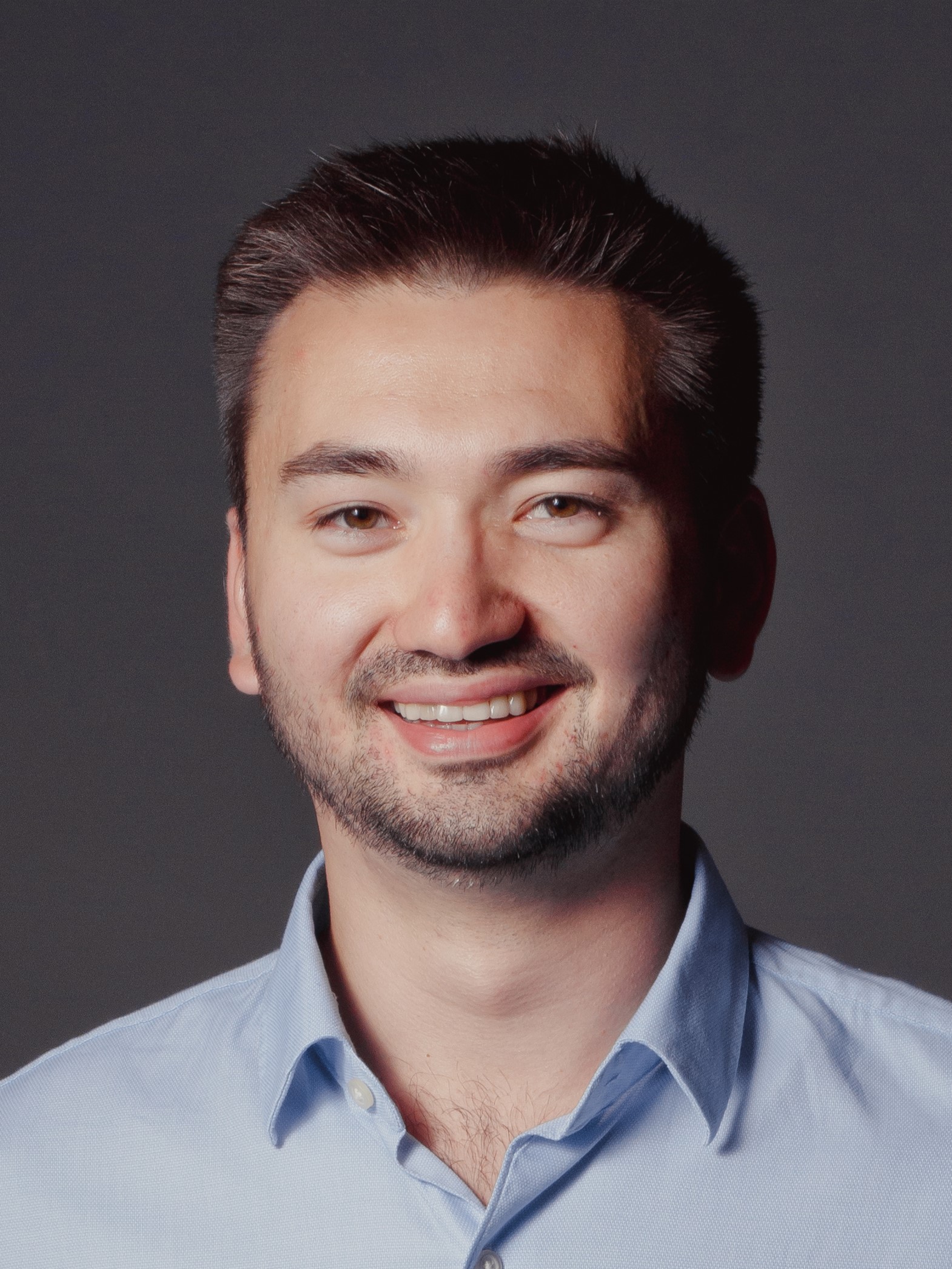
Bulat’s research interests include health services spending effectiveness, HIV, HCV, substance use disorders, and digital therapeutics.
He is a physician by training, with subsequent Master’s training in global health policy from Brandeis University, supported by Fulbright. He completed his NIDA fellowship at Boston Medical Center, focusing on research in substance use. Before moving to Seattle, he spent over four years working in Moscow and Ufa, Russia, where his duties extended beyond academia to include teaching and collaborative work with stakeholders such as the World Health Organization and the Ministry of Health. His prior research primarily focused on the relationship between food insecurity and HIV transmission and progression. Bulat conducted studies on smoking cessation and co-authored research on the Global Burden of Disease, as well as on mandatory addiction treatment, HIV stigma, and violence in Eastern Europe. He also demonstrated that substance use is not a barrier to achieving successful HIV care milestones. Additionally, he conducted research showing the potential cost-effectiveness of methadone therapy in Russia, where it is prohibited for ideological reasons.
Since joining the PhD program in 2022, he has served as a Research Assistant with Emily Williams, the Health Services PhD program’s Program Director; Joe Glass at Kaiser Permanente Washington Research Institute; and Judith Tsui at UW Medicine. His contributions are related to projects aimed at enhancing health services for substance use care and digital therapeutics for substance use disorders. Additionally, he has been engaged in close collaboration with the resource tracking team at the Institute for Health Metrics and Evaluation, utilizing Global Burden of Disease and Disease Expenditure data for his dissertation.
He also received a pilot grant from the Center for Health Economics of Treatment Interventions for Substance Use Disorder, HCV, and HIV (CHERISH) to investigate U.S. healthcare spending on HIV, hepatitis C virus, and substance use care from 2010 to 2019, focusing on variations by geographic area and demographics.
Visit Bulat’s Linktree to learn more about his work.
Vincenzo Malo

Vincenzo (he/they) is a queer public health researcher interested in promoting healthy well-being among LGBTQIA+ communities through affirming, tailored, and inclusive health services. Their research explores how health systems can better address structural determinants of health through strengths-based frameworks and community-based practices.
They earned a Bachelor of Science in Neuroscience and Global Health and a Master of Science in Global Health from Duke University. During these programs, their research primarily explored psychosocial determinants of health care management among adolescents living with HIV.
Prior to joining the PhD program in 2025, Vincenzo worked as a public health analyst at RTI International, where they conducted evaluation-based research to advance public health messaging around tobacco prevention, healthy behaviors, and social support for adolescents. They also supported researcher engagement with the NIH’s All of Us Research Program and led investigations with All of Us data to better understand the health care experiences of LGBTQIA+ people.
Vincenzo aims to grow as a mixed-methods researcher through the Health Services PhD program to prepare them for a career as a research professor investigating facilitators of affirming, supportive, and holistic health care for LGBTQIA+ communities. Outside the doctoral program, they collaborate with the University of Delaware’s Queer Development Lab to characterize LGBTQIA+ socialization processes among queer and trans youth. Vincenzo also serves on the American Journal of Public Health’s 2026-2027 Student Think Tank team.
When not queering research, they enjoy playing board games, hiking, reading, and spending quality time with their loved ones.
Zoe Pleasure
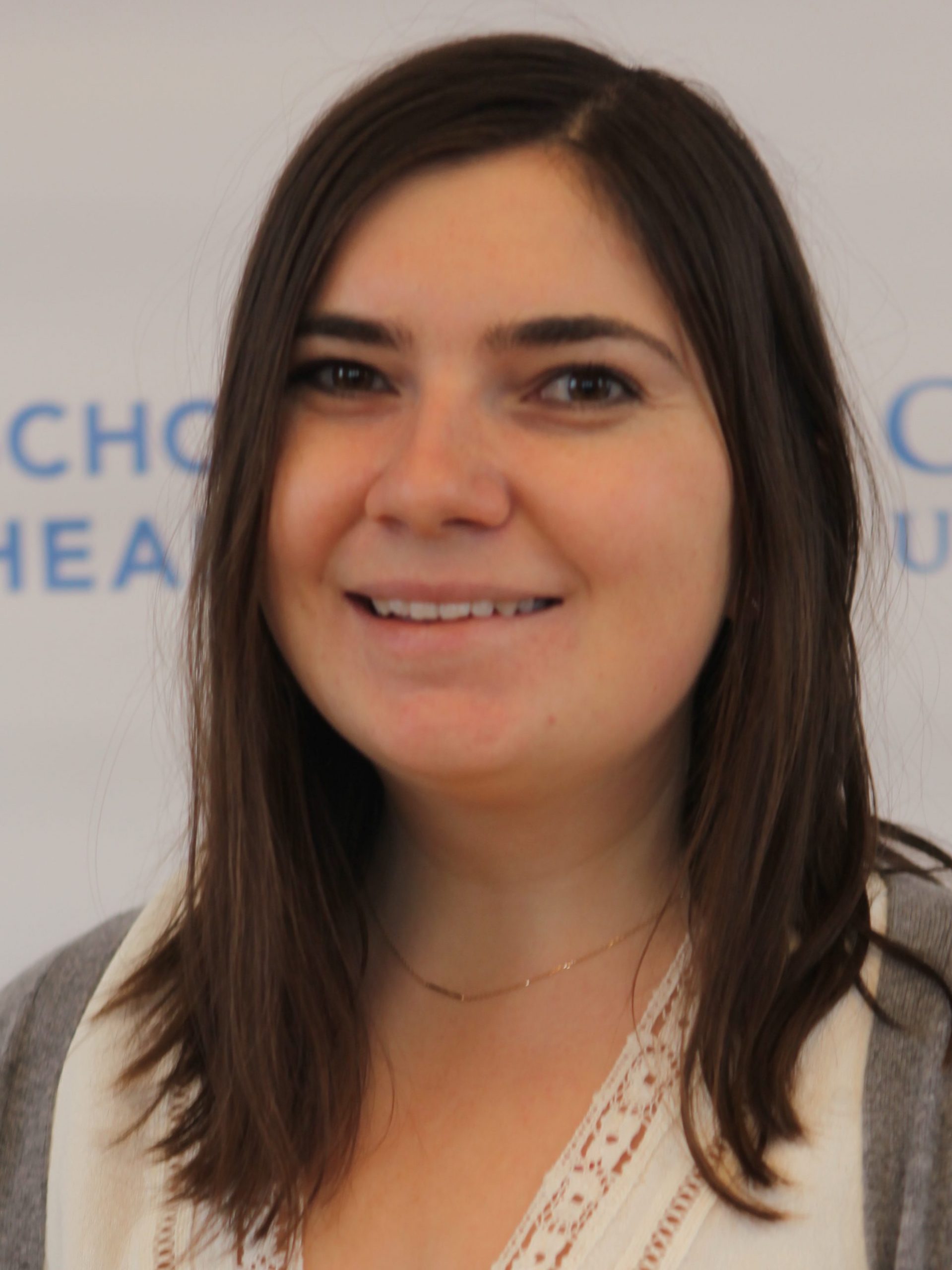
Zoe’s research interests include reproductive health, equitable access, care delivery, abortion, contraception, Veterans Health Administration care, and social media.
Zoe received a BS in neuroscience and behavioral biology from Emory University and an MPH from Columbia University. She worked at the Guttmacher Institute for three years on sexual and reproductive health research. While at Guttmacher, she worked on a variety of projects related to family planning services, maternal mortality, and adolescent sexual behavior. She was also part of Guttmacher’s Reproducibility Initiative, which strives to make quantitative and qualitative research more reproducible and transparent.
She joined the Health Services PhD program in 2021. For her first three years in the program, she was a research assistant with the VA/UW Women’s Health Services Research team led by Dr. Lisa Callegari and Dr. Kristen Gray. In July 2024, Zoe received an F31 predoctoral fellowship from the National Institutes of Health to continue working with Dr. Gray, Dr. Callegari, and others from VA Puget Sound and the UW on her dissertation focused on understanding how to improve access, quality, and equity of contraceptive care for Veterans with autoimmune conditions. Starting the summer of 2024, Zoe has been working with Dr. Sarah Munro and Dr. Logan Trenaman on their project exploring preferences of Texans traveling for abortion care using a discrete choice experiment.
Zoe has also continued to work with mentors from outside of the UW on projects related to access to contraception for adolescents and young adults, analysis of reproductive health social media content, and contraceptive misinformation. In August 2023, she received a grant from the Society of Family Planning to study how contraceptive side effects are discussed on TikTok and what insights the social media platform could provide clinicians and public health researchers about the importance and salience of contraceptive side effects.
Zoe is originally from San Francisco, CA, and enjoys reading, running, cooking, and spending time with her tiny terrier, Tina.
Health Behavior and Social Determinants of Health
Miriana Duran
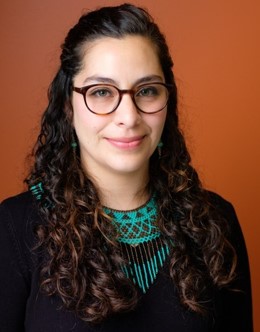
Miriana is interested in policies that improve childhood nutrition, reducing risk of chronic disease, mixed methods, structural determinants of health, and the Latino population.
A physician by training, she earned her MPH in Global Health at the University of Washington. She has broad experience in community based participatory research, health disparities research, and qualitative research. Topics have ranged from cultural adaptation of evidence-based programs for Latino caregivers of people with dementia, implementing evidence-based interventions for cancer prevention in rural Latino communities, and implementing a risk communication intervention in elementary schools in the Yakima Valley.
Currently, Miriana works as a part-time Research Scientist in the Department of Health Systems and Population Health, and as a Lead Trainer and Data Analyst at the Qualitative Research Core. She is working with Dr. Jessica Jones Smith on the FRESH study, which focuses on improving what is known about the equity and impact of fruit and vegetable incentive programs through the study of Seattle’s Fresh Bucks Program.
She is from Cuernavaca, the “city of Eternal Spring” and lived in NYC before moving to Seattle. Miriana loves spending time with her family, eating, sleeping, and traveling.
Health Economics
Max Sgro
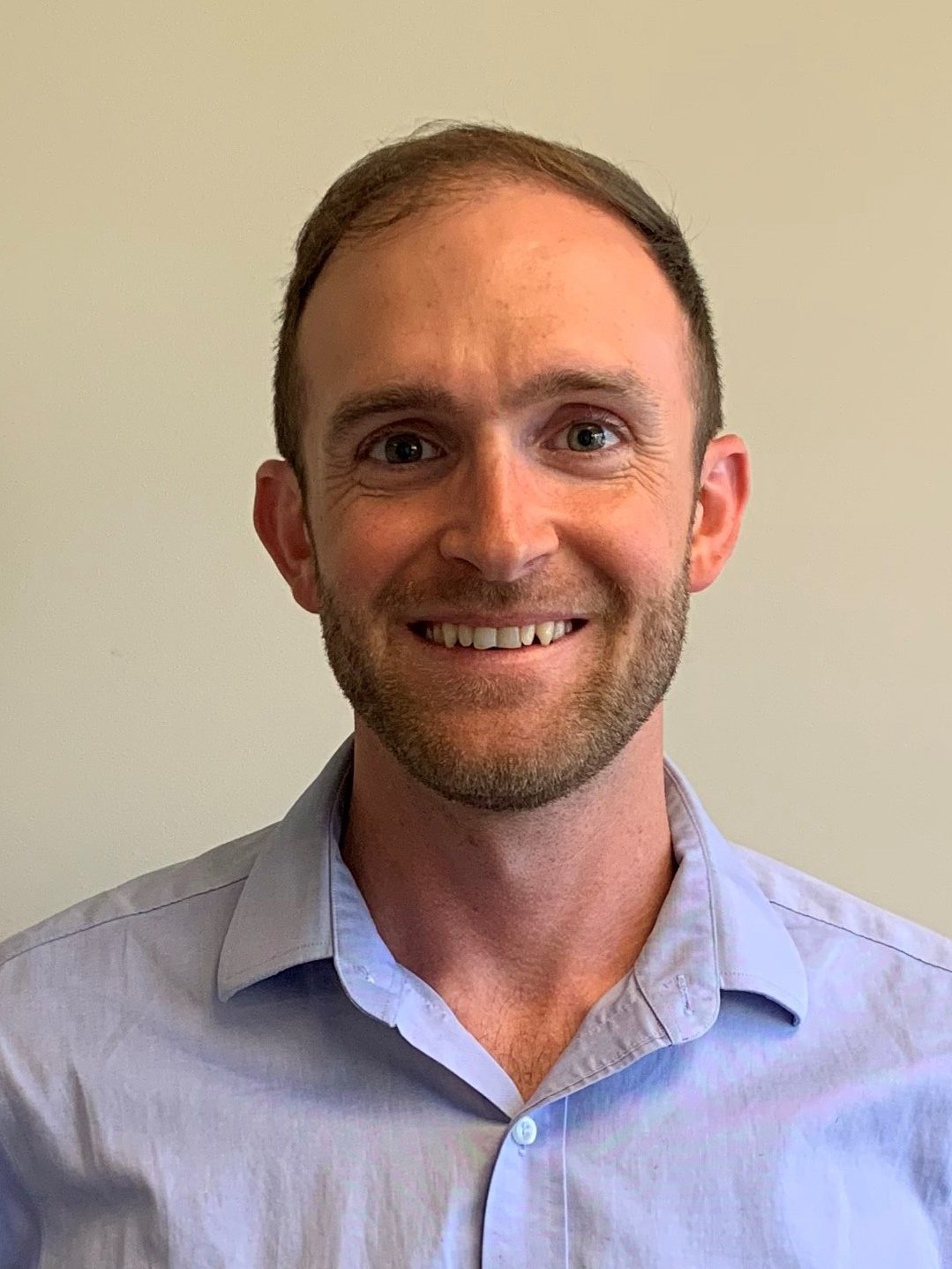
Max’s research interests are health economics and health financing, and he has over 6 years of federal and state health policy experience.
Before he joined the PhD program in 2020, Max earned a Master of Public Policy from UC Berkeley. There, his research focused on analyzing finances within California Hospitals and trends in the budget of the Medi-Cal program, specifically around supplemental payments. He has experience visualizing data to inform policy decision makers, with work in Excel, R, and Tableau. Max also worked in the Obama Administration to support Affordable Care Act Implementation and in the Office of Management and Budget to aid in the development and implementation of the federal budget for health programs.
He works as a Research Assistant with the Puget Sound VA Medical Center, where he is working on research into veteran provider preference in the Community Care program.
Originally from Cleveland Heights, Ohio—when not hard at work, Max can be found in the mountains.
Implementation Science
Angela Chen

Angela’s research interests include health equity, women’s health, Asian-American populations, quasi-experimental methods for causal inference from observational data, and health economics for informing policy and decision-making.
Prior to entering the PhD program in 2022, Angela worked as a Program Analyst in the Office of HIV/AIDS in the Global Health Bureau at the United States Agency for International Development, focusing on the scaling up of multi-month dispensing of antiretrovirals for HIV treatment and prevention in response to the COVID-19 pandemic and scaling-up of machine learning applications for HIV care. Previously, she worked as a primary school teacher for the Spanish Ministry of Education in a rural town in Spain for three years and at the Peace Corps in Washington, DC as a Data Analyst in the Office of Strategic Information, Research, and Planning.
She earned her Master of Science degree in Public Health (Health Economics concentration) from the London School of Hygiene and Tropical Medicine and her a double bachelor’s degree in International Affairs (Global Public Health concentration) and Spanish Literature from George Washington University.
From 2022-2024, she has been a trainee on the AHRQ NRSA T32 training grant. Angela is currently working as a Research Assistant at the Institute for Health Metrics and Evaluation (IHME) on the Reproductive, Genitourinary, and Digestive Disease (RGUD) team for the Global Burden of Disease (GBD) study.
Angela is originally from St. Louis, Missouri but has lived abroad in 4 different countries for the last 6 years prior to moving to Seattle to begin her PhD. She is an avid globetrotter, having travelled to over 50 countries to date, and speaks English, Chinese, and Spanish. Angela enjoys hand embroidery, reading, baking, and playing board games in her free time.
Quinn McVeigh
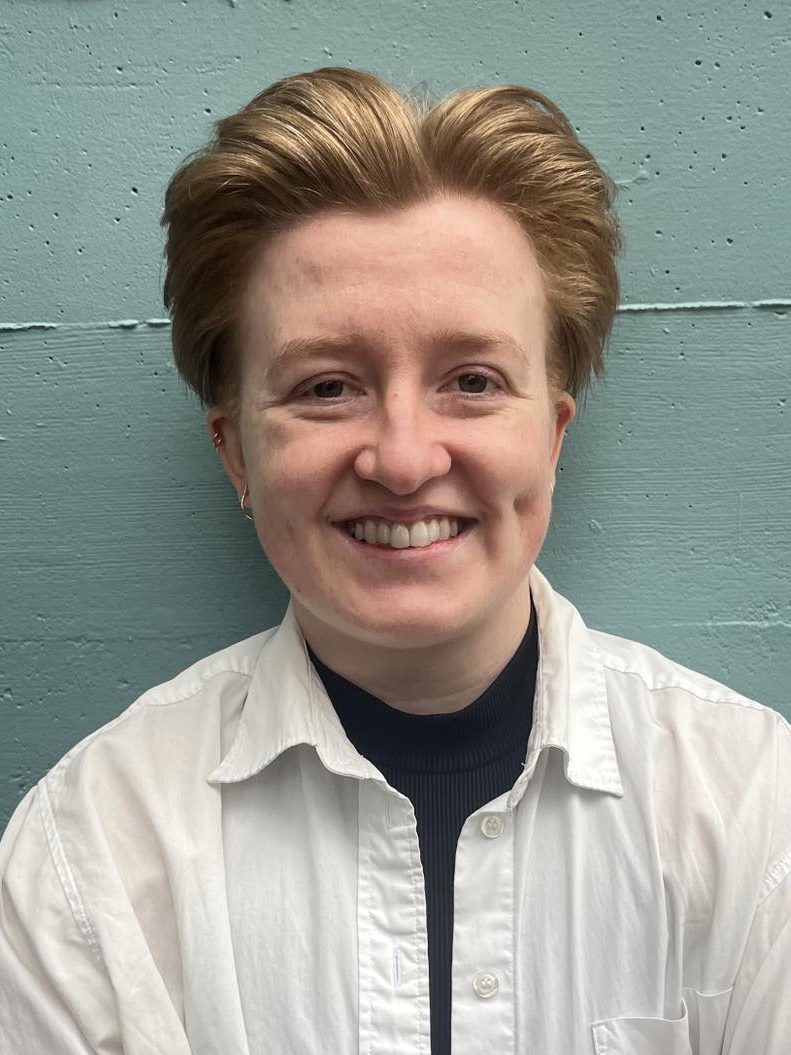
Quinn is interested in violence prevention, violence response, restorative justice, equity, transformative justice, sexual violence, and youth.
Before joining the Health Services PhD program, Quinn worked as a cancer biologist in Boston at the Broad Institute of MIT and Harvard. They researched acquired resistance to lung cancer therapies. They also worked with a team to understand inequities in tumor genome sequencing. They received their Bachelor’s degree in Biology from Carleton College in Minnesota. During their undergraduate studies, they volunteered as an advocate for the Carleton Advocates Against Sexual Harassment and Assault. While in Boston, they volunteered as a Medical Advocate in local emergency departments with the Boston Area Rape Crisis Center.
Quinn is currently an AHRQ T32 fellow. They are involved in research evaluating the language accessibility of Washington State civil protection orders for victims of domestic violence, sexual assault, stalking, and harassment. They are also conducting a study to characterize exposure to violence by intersectional identities.
Quinn was raised in Vermont. Outside of their research and studies, they play roller derby with Rat City’s Throttle Rockets.
Taylor C. Ryan
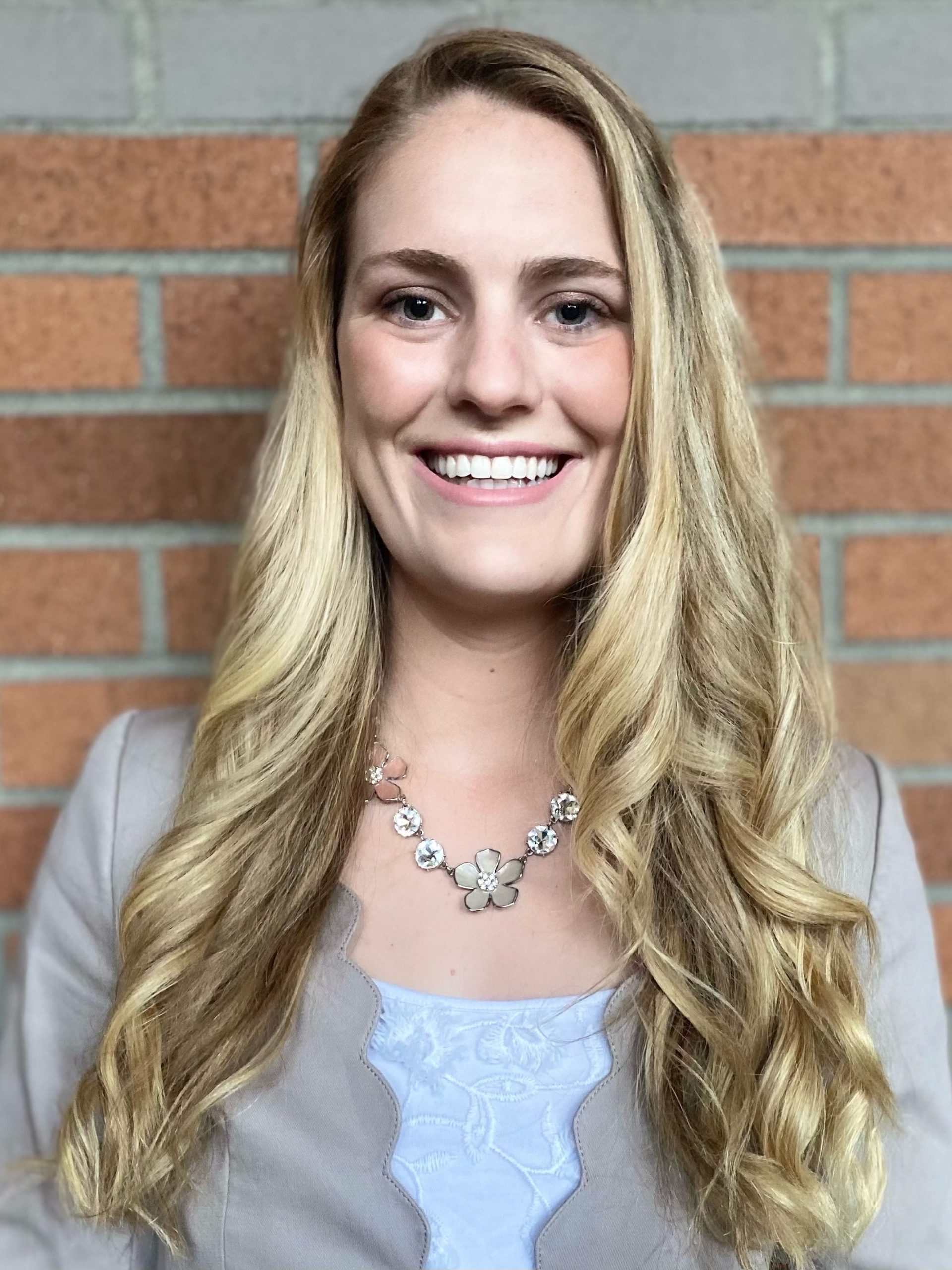
Taylor joined the Health Services PhD program in 2021, and her research interests includeyouth suicide prevention, mental health, and behavioral health care.
She earned her master’s degree in Human Development and Family Sciences and a bachelor’s degree in Human Services from the University of Delaware. Taylor spent two years at the Johns Hopkins Bloomberg School of Public Health working as the lead study coordinator for a SAMHSA funded project focused on improving mental health outcomes for youth seen in the pediatric emergency department for suicide risk. She also worked closely on a project focused on suicide risk screening for adolescents with neurodevelopmental disabilities and related disorders with colleagues at the Kennedy Krieger Institute. Following her time at Johns Hopkins, Taylor worked as an Evaluation Specialist for Forefront Suicide Prevention at the UW.
Taylor spent one year on the AHRQ T32 training grant, and also worked as a research assistant for the UW School Mental Health Assessment, Research, and Training Center (UW SMART Center). Currently, she works as a research assistant for Dr. Jenna van Drannen and her Research with Expert Advisors on Drug Use (READU) Team and with the King County Public Health School Based Health Center Partnership. She is writing her dissertation in collaboration with Dr. Julie Richards and the Kaiser Permanente Washington Research Institute.
She grew up outside of Philadelphia and loves spending time with family and friends, as well as her dog and horse.
Ashlyn Tom
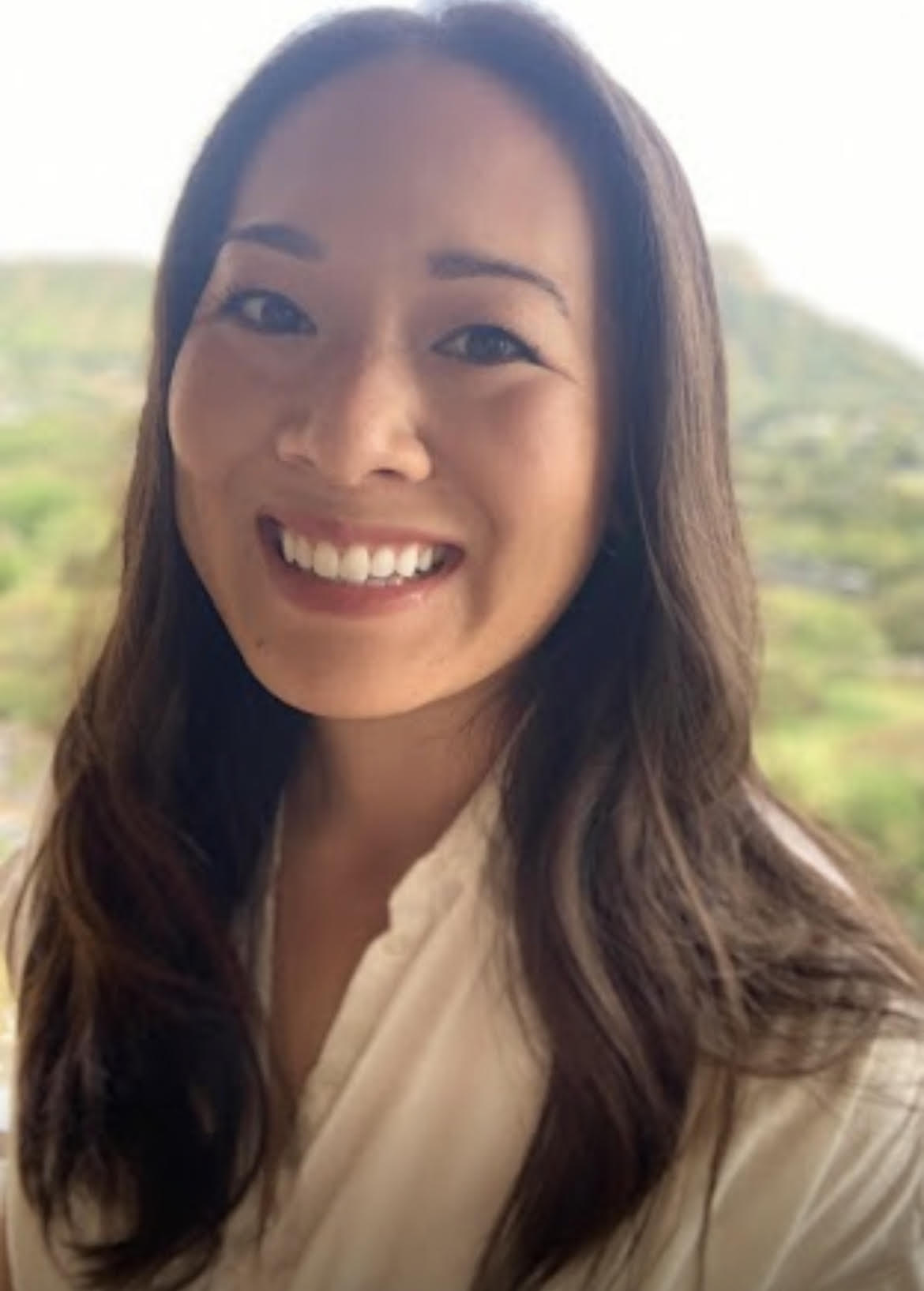
Ashlyn is passionate about promoting health and language equity, analyzing healthcare policies and their impact on marginalized groups, and improving communication and community partnerships to advance access to care. Her current research is working to understand the impact of racially, culturally, and linguistically concordant patient navigation on patient outcomes during cancer care. Her Area of Emphasis is Implementation Science.
Prior to entering the doctoral program in 2021, Ashlyn earned her MPH from Johns Hopkins Bloomberg School of Public Health and holds a bachelor’s degree in Anthropology with a double minor in Chemistry and Public Policy from New York University. After completing her MPH, she contributed to several projects advancing cancer clinical care, evaluating healthcare performance, and improving the implementation of health promoting policies while working in research at Memorial Sloan Kettering Cancer Center, The University of Hawaii Cancer Center, and as a Policy Analyst at the RAND Corporation. She is originally from Hawaii.
Ashlyn is a prior recipient of the AHRQ/NRSA T32 training award for 2021 – 2023 and a current NCI BCPT Pre-doctoral Fellow for 2023 – 2024.
Occupational Health
Stefani Florez-Acevedo
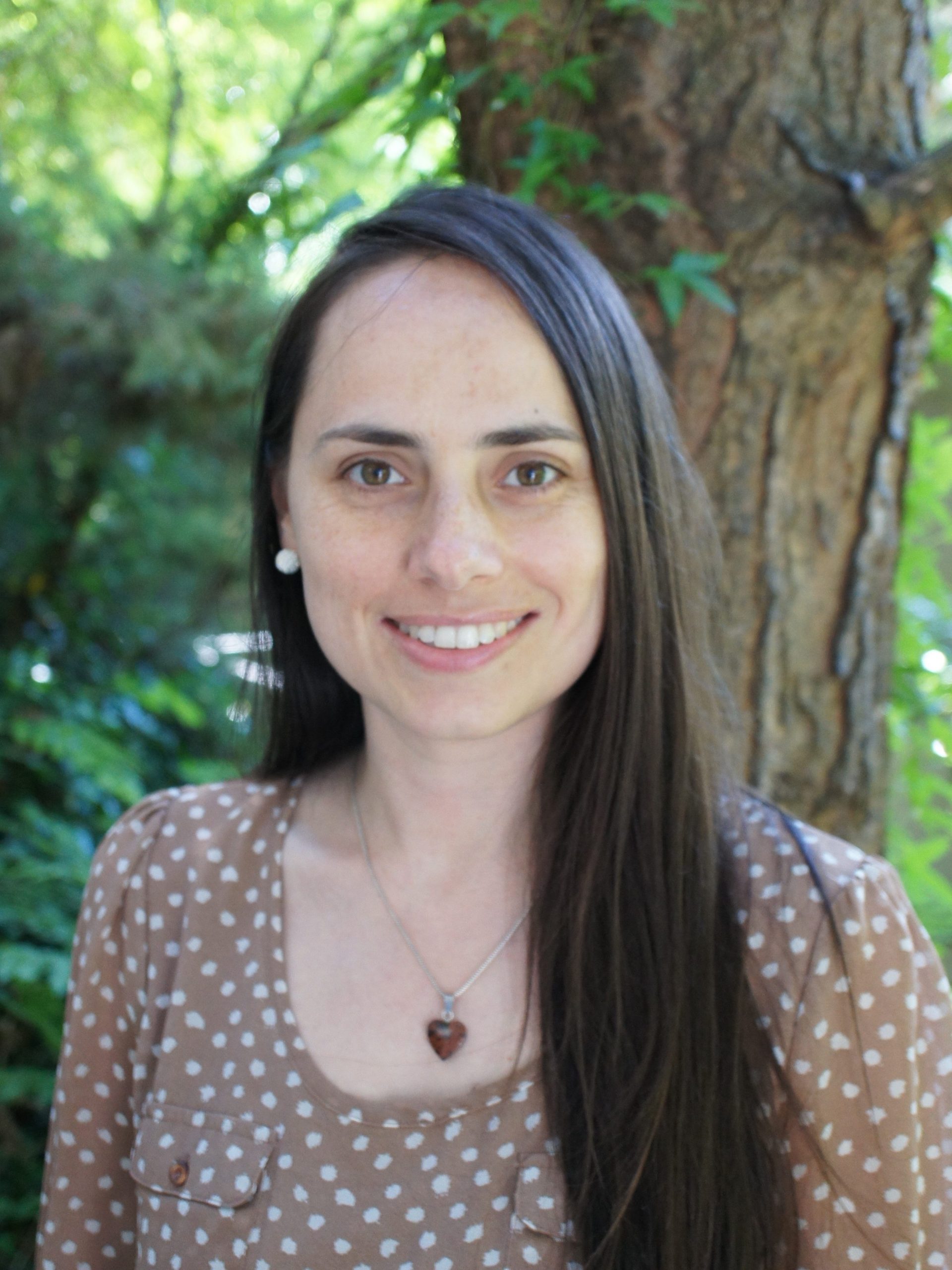
Stefani’s research interests include occupational health psychology, work equity, social determinants of health, and health promotion.
Stefani holds a master’s degree in psychology from the Universidad de Los Andes in Bogotá-Colombia, and an MPH in Health Services from the University of Washington. Prior to entering the PhD program in 2021, she gained experience in research evaluation, health promotion research, and work equity research through the International Rescue Committee, the UC Davis Department of Public Health Sciences, the UW Health Promotion and Research Center, as well as El Centro de la Raza—a community-based organization in Seattle. In her work, Stefani has used conceptual frameworks that acknowledge how different socioeconomic contexts create health outcome disparities within and between groups. She also uses mixed methods, qualitative methods, and community-based participatory research to draw attention toward invisibilized and historically marginalized groups.
During her time in the PhD program, Stefani was an Occupational Health Services Research Trainee during the 2021-2022 and 2022-2023 academic years. She worked as a Health Research Intern IV at the Kaiser Permanente Washington Health Research Institute for two years. There, she gained experience in the design, implementation, and evaluation of a culturally tailored health promotion program that aimed to reduce sedentary behavior in the Latino community.
Currently, Stefani holds a permanent position as an Occupational Safety and Health Equity Evaluator at the Safety and Health Assessment and Research for Prevention program (SHARP) at the Washington State Department of Labor and Industries where she conducts research evaluation that fosters health and safety for workers experiencing complex workplace hazards.
Stefani is originally from Bogotá-Colombia, and she enjoys hiking the PNW, traveling, and spending quality time with her family.
Daphne Guiselle Gallegos-Klinefelter
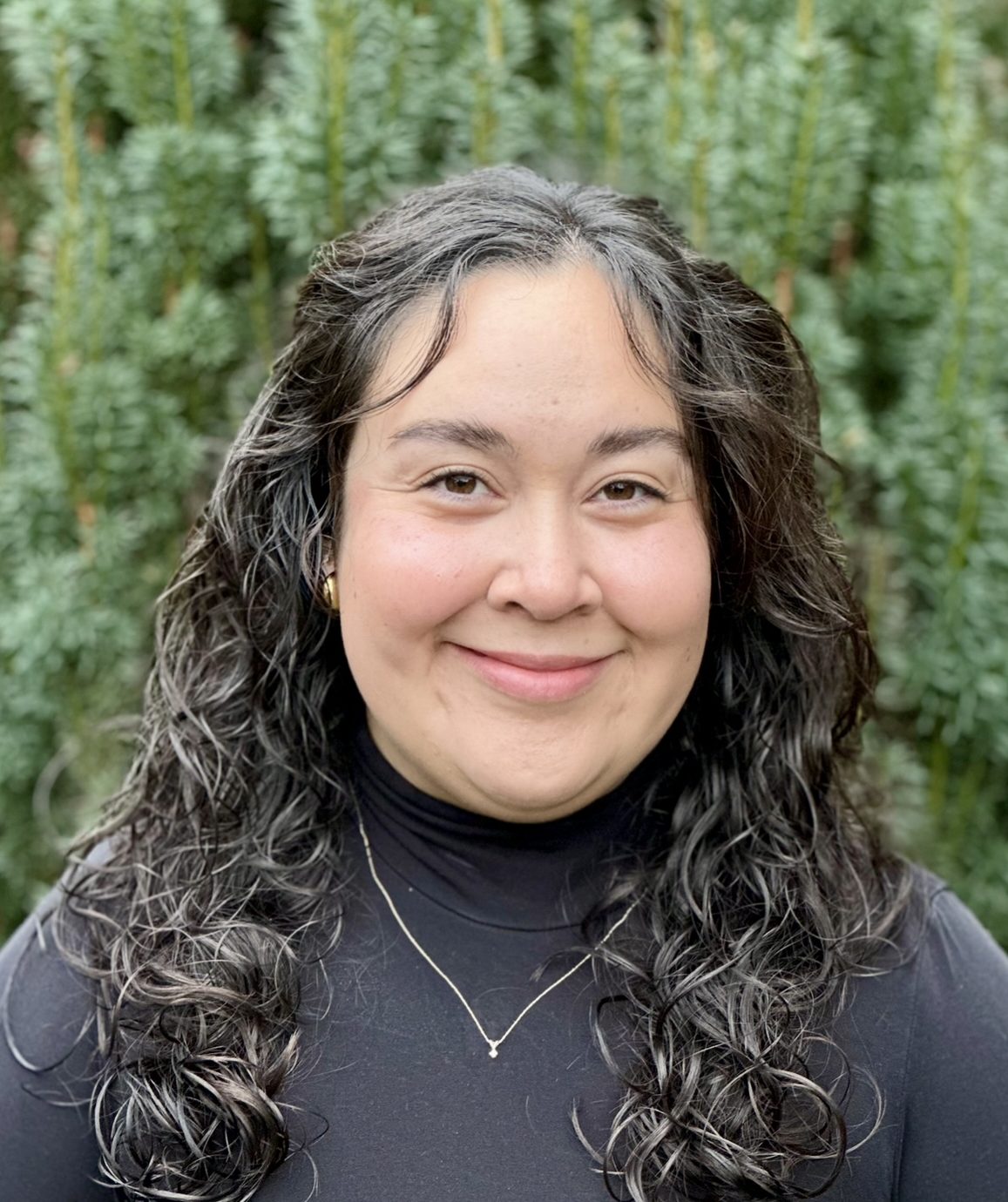
Daphne’s research interests include sex work, gig work, day labor, migrant populations, Latine populations, adult sexual health education, decolonizing sexual health education, migrant field-workers, firearm harm reduction, and racism as a chronic exposure.
Daphne joined the PhD program in 2024. Prior to this, she earned two BA’s at Whitman College, one in biology and one in French language and literature. Then she earned her MPH degree from the University of Puget Sound.
Her professional experience includes working as an advocate for domestic violence and sexual assault victims at the YWCA in Walla Walla, WA. She also interned for Covid Health Equity project at the Assessment, Policy Development & Evaluation Unit at Public Health Seattle & King County; and was a public health educator and child fatality review coordinator at Benton-Franklin Health District in Kennewick, WA.
She’s funding her doctoral studies as a NIOSH-supported Occupational Health Services Research predoctoral trainee, a Gates Millenium Scholar, and a Latino Center for Health Fellow.
Daphne is originally from Walla Walla. Professionally, she’s interested in qualitative methods, community-engaged participatory research, decolonial research methods, mentorship, decolonizing professionalism in academia. Personally, she’s interested in all things spicy foods.
Sydney Spencer
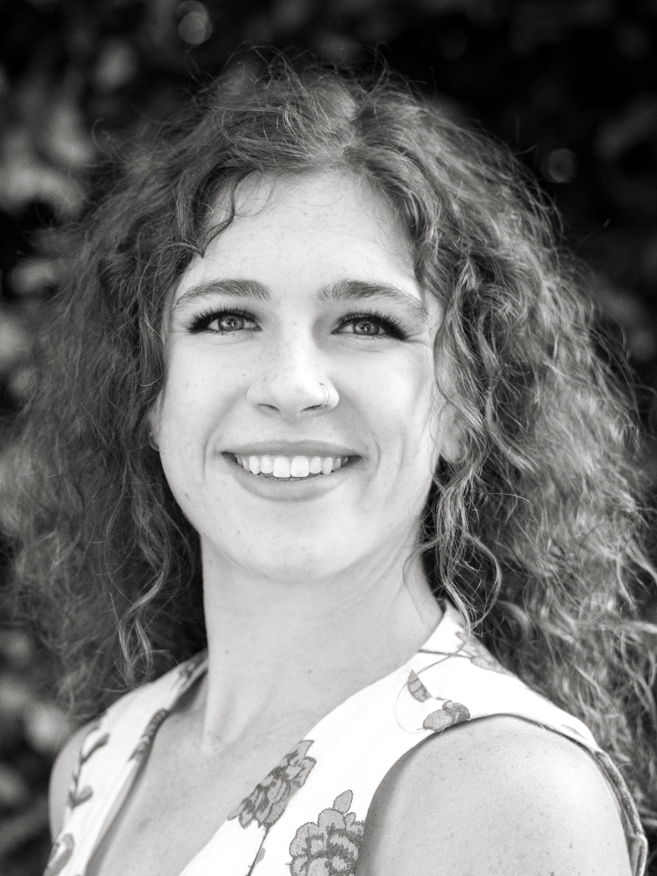
Sydney is interested in the intersection between maternal and occupational health including how workplaces support birthing people during and after pregnancy. Additionally, her research areas include social determinants; structural racism; sexual and reproductive health; and mental health.
She began her professional career in public health during the COVID-19 pandemic leading community engagement efforts with Seattle-King County Public Health and local health systems to increase vaccine access for marginalized populations in the Puget Sound area.
Prior to joining the Health Services PhD program in 2023, Sydney worked on the Occupational Health, Safety, and Research team at Microsoft where she led implementation and evaluation efforts for the company’s employee health and wellness programs.
Sydney has a BS in Public Health from George Washington University and an MPH in Community Health Sciences from the University of California Los Angeles.
She is a NIOSH-supported Occupational Health Services Research predoctoral trainee. Outside of school, she leads a cross-sectoral partnership with a local health system, multinational employer, and regional insurer to prevent chronic conditions in pregnancy.
Originally from Seattle, Sydney enjoys hiking, climbing, yoga, and reading.
Training in Enhancing Structural Solutions for Addictions (TESSA)
Ohshue S. Gatanaga
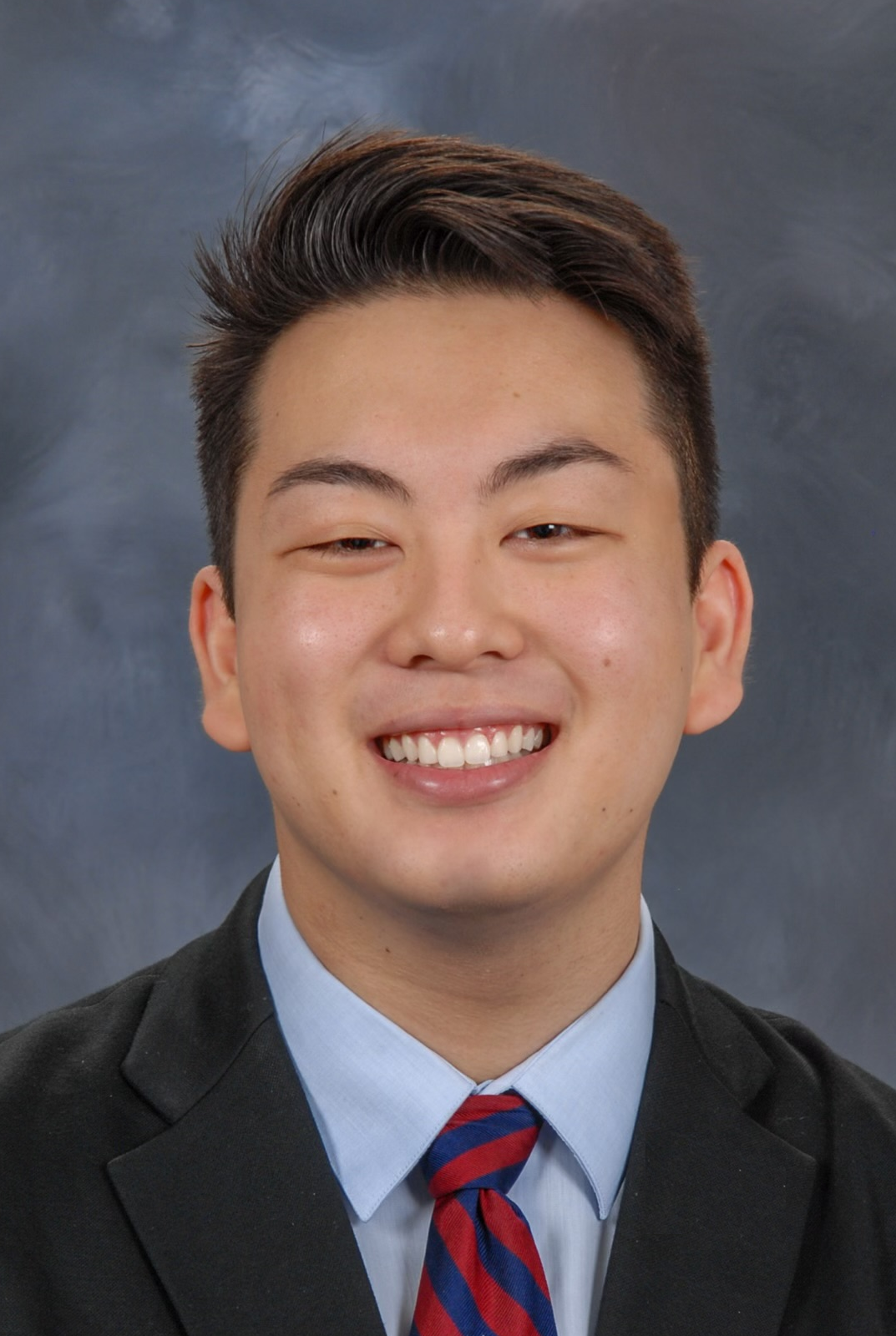
Ohshue’s research interests include health equity, substance use disorders, mental health, community-based participatory approaches, structural and social determinants of health, HIV, syndemics, intersectionality.
He is an aspiring practitioner-scholar whose current research focuses on infusing syndemics and intersectionality theories to examine how communities with multiply-marginalized identities experience comorbid behavioral health, sexual health, and substance use-related health outcomes. He recently received his Master of Public Health and Master of Science in Social Work from Columbia University and acquired his foundational undergraduate training in sociology from Yale University.
Prior to entering the doctoral program in 2024, Ohshue conducted health disparities and implementation research focused on oral and long-acting injectable pre-exposure prophylaxis at the New York University Langone Health medical center and community-based substance use interventions at the Columbia Social Intervention Group. He also worked as a therapist-in-training at a Federally-Qualified Health Center serving LGBTQ+ communities in New York City.
Ohshue is currently supported by the National Institute on Drug Abuse Training in Equity and Structural Solutions in Addictions T32 training grant. He is currently a research assistant for Dr. Jenna van Draanen and works on several substance use-related projects. These include working alongside a community-advisory board (Research with Expert Advisors on Drug Use) that includes people with lived or living experience in substance use, the Overdose Response Centering Inequity and Diversity (ORCID) study, and the Community-Law Enforcement Aligning in Response to Substance Use (CLEARS) project. Additionally, he is affiliated with the Center for Studies in Demographic and Ecology and is pursuing an additional certificate in Demographic Methods.
In his free time, Ohshue enjoys lounging with his two cats (Mugi and Tom!) and cooking Korean and Japanese-inspired home meals for friends and family.
Theresa Hwee
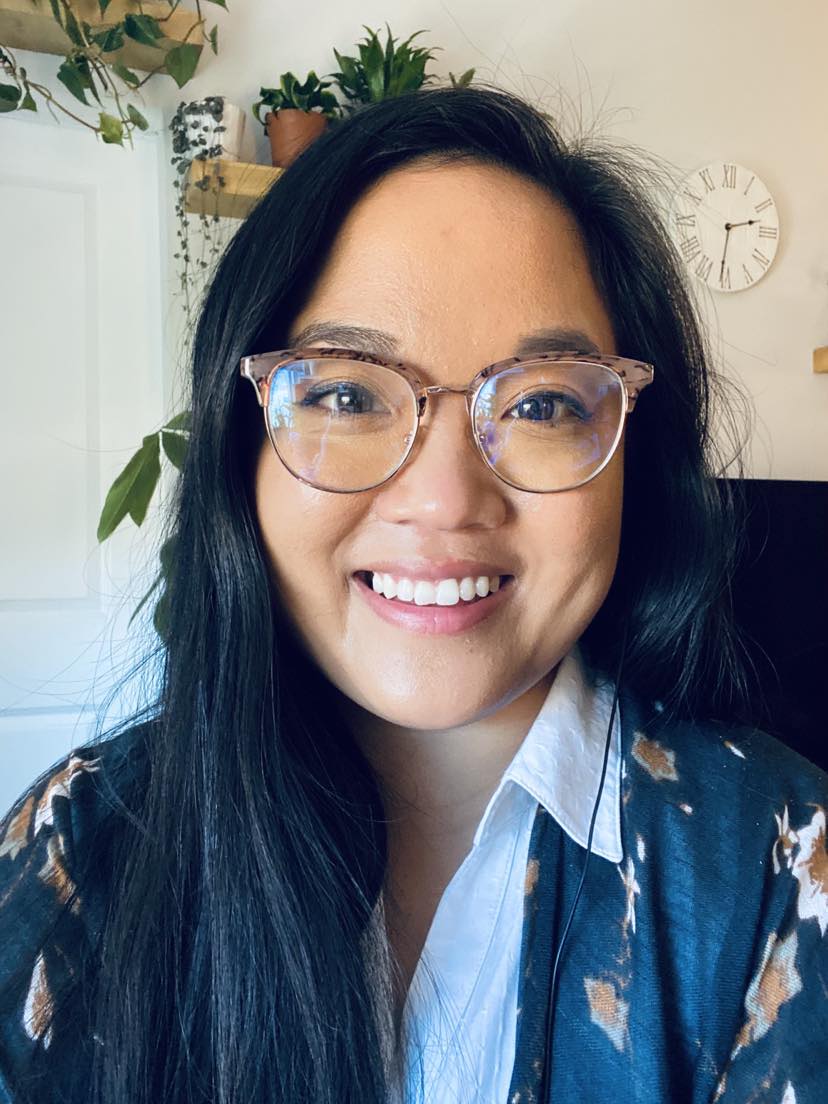
Theresa is interested in Maternal behavioral health, particularly perinatal mental health and substance use disorders, reproductive health, structural and social determinants of health, policy evaluation and reform, mixed methods, spatial methods, and social epidemiology.
Prior to joining the Health Services PhD program in 2023, Theresa was a senior analyst at the National Committee for Quality Assurance (NCQA), where she led the development and evaluation of cardiovascular HEDIS quality measures and provided subject matter expertise to various stakeholders on measure specifications. She also supported foundation grants and federal contracts focused on identifying and addressing gaps in care, including in chronic kidney disease and behavioral health. Prior to NCQA, she supported public policy, advocacy, and communications efforts as an analyst at the National Marrow Donor Program and was an elementary school tutor in the AmeriCorps volunteer program.
Theresa is currently supported as a predoctoral fellow by the National Institute on Drug Abuse Training in Equity and Structural Solutions in Addictions T32 training grant. She currently supports projects focused on low barrier care for substance use treatment, implementing perinatal mental health screening, and evaluating perinatal substance use reporting policies.
Originally from Minnesota, Theresa enjoys road trips, learning to ski, camping and hiking in state and national parks, hanging out with her doggo, stumbling upon good coffee shops and bakeries, and rewatching Lord of the Rings for the nth time.
Sam Janson
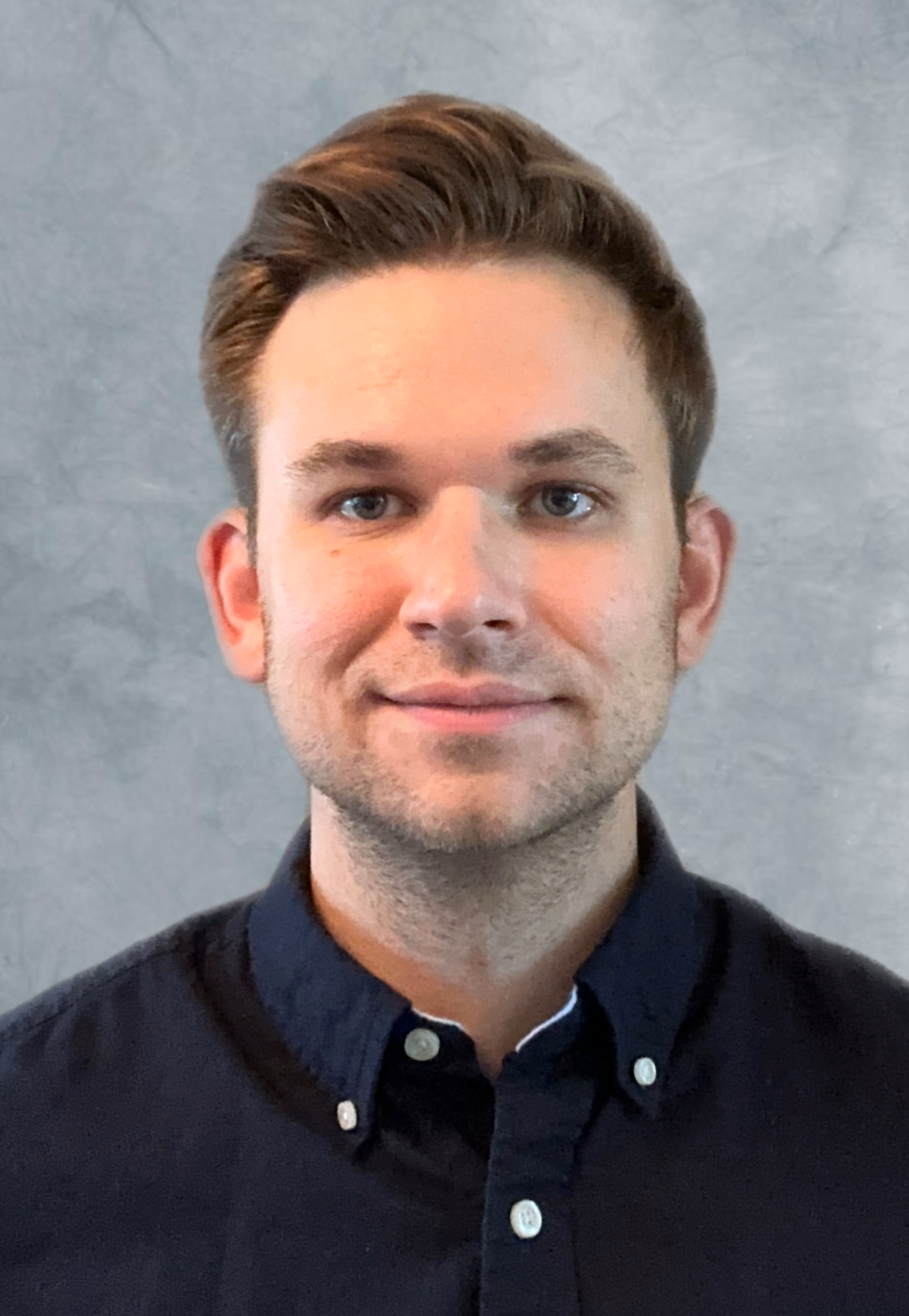
Sam’s research interests lie in substance use and associated diseases across diverse populations in both the United States and abroad. He has conducted HIV and substance use research both in the United States and Tanzania and is particularly interested in the evaluation of substance use treatment programs and psychosocial interventions for harmful substance use.
Prior to joining the Health Services PhD program in 2024, Sam completed a Bachelor of Arts in Political Science and Master of Public Health at George Washington University in Washington, DC with a focus on Global Health Program Design, Monitoring, and Evaluation. Sam has worked in a variety of nonprofit and research settings, including in domestic refugee resettlement, community health promotion in Tanzania, and in outreach to homeless youth in his home state of New Hampshire.
Sam is currently funded through a NIDA T32 traineeship. He is a Research Assistant for the Addictions, Alcohol, and Drug Institute (ADAI), and is a consultant for ongoing clinical trials based in Tanzania and Nigeria.
In his free time, Sam enjoys travelling, reading, hiking, running, and occasionally winning at backgammon.
L. Sarah Mixson
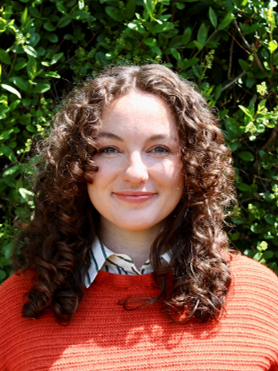
Sarah is a public health researcher committed to improving health outcomes for people who use drugs, with a focus on structurally marginalized communities, including people engaged in sex work or living in rural communities. Her work centers on substance use, infectious disease, and structural determinants of health, grounded in a decade of experience in applied epidemiology and harm reduction.
She previously worked in the immunization and infectious disease program for the Centers for Disease Control and Prevention in Anchorage, Alaska. During her MPH training at Johns Hopkins, she worked on the first US based longitudinal cohort study of women who sell sex. Most recently, she was the project director and lead research scientist for the NIDA-funded Rural Opioid Initiative. Her published work includes studies on emerging substance use trends, such as gabapentin use with benzodiazepines and opioids and commonality of multiple injections per injection episode in rural areas.
Sarah joined the PhD program in 2025 with support from the TESSA T32 training grant. She is committed to conducting rigorous, community-informed research that uplifts the voices of people most affected by substance use and related harms.
In her free time, she enjoys spending time with her partner and their many animals (four cats and one dog), as well as crafting (embroidery, weaving, and block printing), baking, cooking, dancing, and watching reality television (anything on Bravo).
